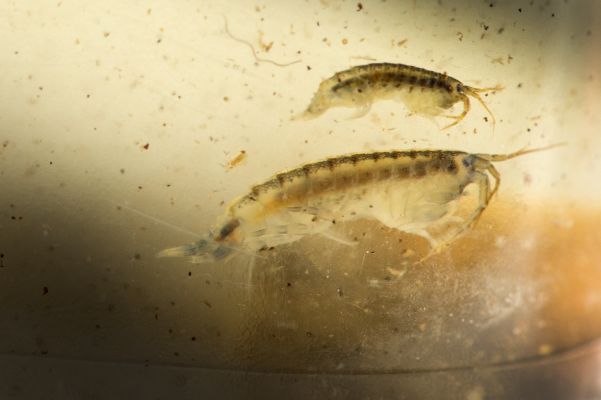Objectives, mission and principles
The overall objective, taken from the project call, is to develop a recommended design for a scientific biodiversity Network of Knowledge (NoK) to inform policy-makers and other societal actors. This network shall be open, transparent, flexible, equally accessible to all, independent, be scientifically- and evidence-based and have a robust structure.
It will develop links to relevant clients to support the science-society interface in Europe and beyond.
To put these objectives into a frame, the project team has developed a first mission statement and some guiding principles for designing and operating a NoK:
Mission Statement:
The goals of BiodiversityKnowledge are to answer questions from decision making, to improve the evidence base, to contribute to developing a research strategy, and to enable societal actors to make better informed decisions concerning biodiversity and ecosystem services.
BiodiversityKnowledge is an initiative by researchers and practitioners to set up and operationalize a Network of Knowledge to improve the knowledge flow between biodiversity knowledge holders and users in Europe.
The approach of BiodiversityKnowledge strives to integrate all relevant forms of knowledge to answer questions jointly formulated with decision makers using transparent and rigorous procedures. Throughout this approach, BiodiversityKnowledge relies on and provides networking, actively builds capacity and engages in learning on all aspects of knowledge interfacing. Accordingly, the processes of BiodiversityKnowledge matter as much as topics and outputs to ensure a coherent and credible approach.


Principles
The Network of Knowledge will…
- enable OPENNESS by wide participation from all potential actors, including relevant experts and knowledge holders, through open invitations for participation, building on participants’ enthusiasm and diversity, and ensuring open access to the NoK products.
- ENSURE QUALITY, by applying established and tailored methodologies, developing systems for quality assurance including extended peer-review, and responding to feedback.
- MINIMISE BIAS and ENSURE FAIR and TRANSPARENT PROCESSES, by ensuring scientific rigour, broad participation, and by avoiding conflicts of interest, through clear rules and procedures.
- AVOID DUPLICATION by collaborating with relevant established institutions to maximize efficiency and minimize costs in science-policy interactions.
- integrate CAPACITY BUILDING as essential component to improve collaborative working and information sharing.
- ensure strong internal and external COMMUNICATION.
- integrate REFLEXIVITY and LEARNING, by ensuring that processes and results are continuously and formatively evaluated.
To put these principles into practice the NoK requires a clearly structured and transparent, but flexible process, which defines roles of different actors and ensures acknowledgement of involvement. The governance structure and the rules and procedures should be clearly defined internally (following processes, protocols and defined roles) as well as externally (transparent selection of experts, including the whole spectrum of expertise available).
Principles inspired by those of the Cochrane Collaboration.
